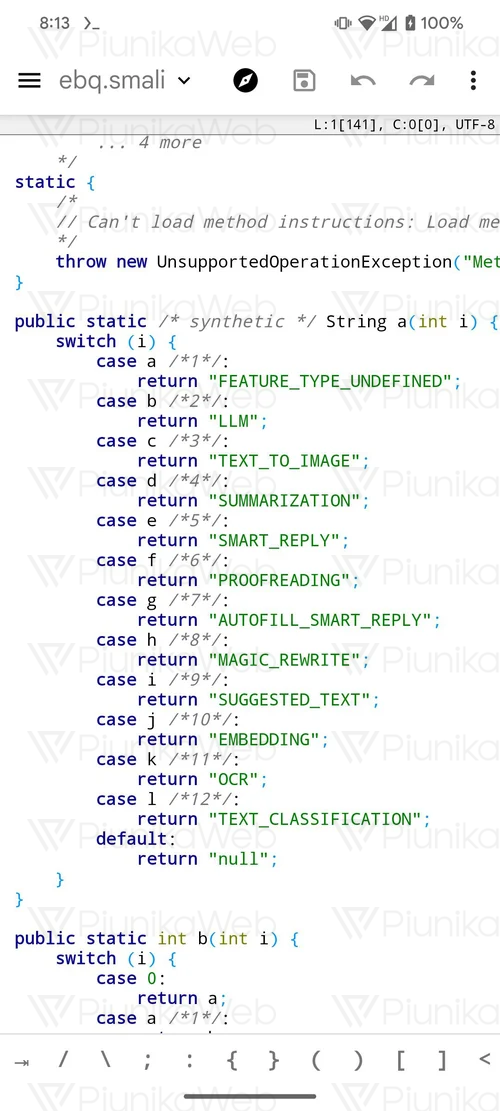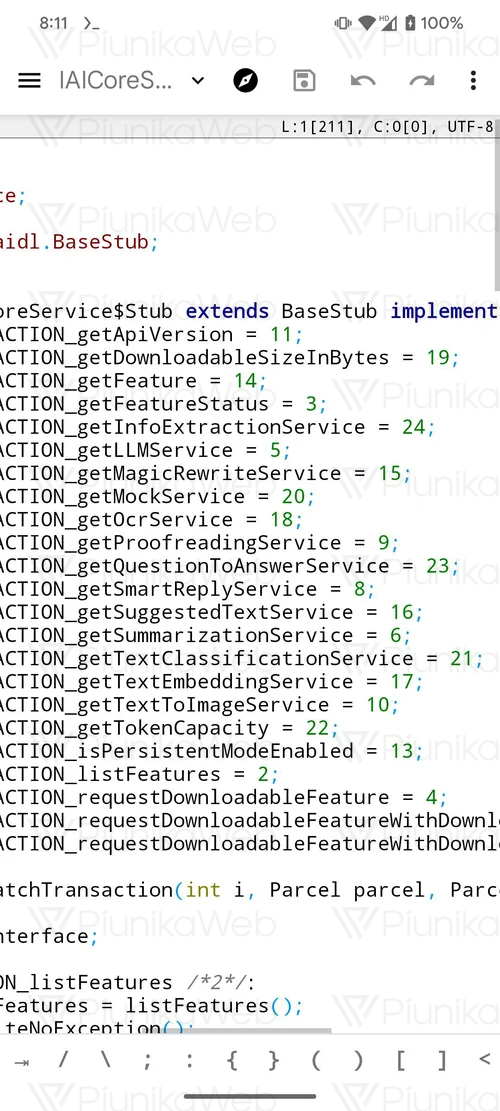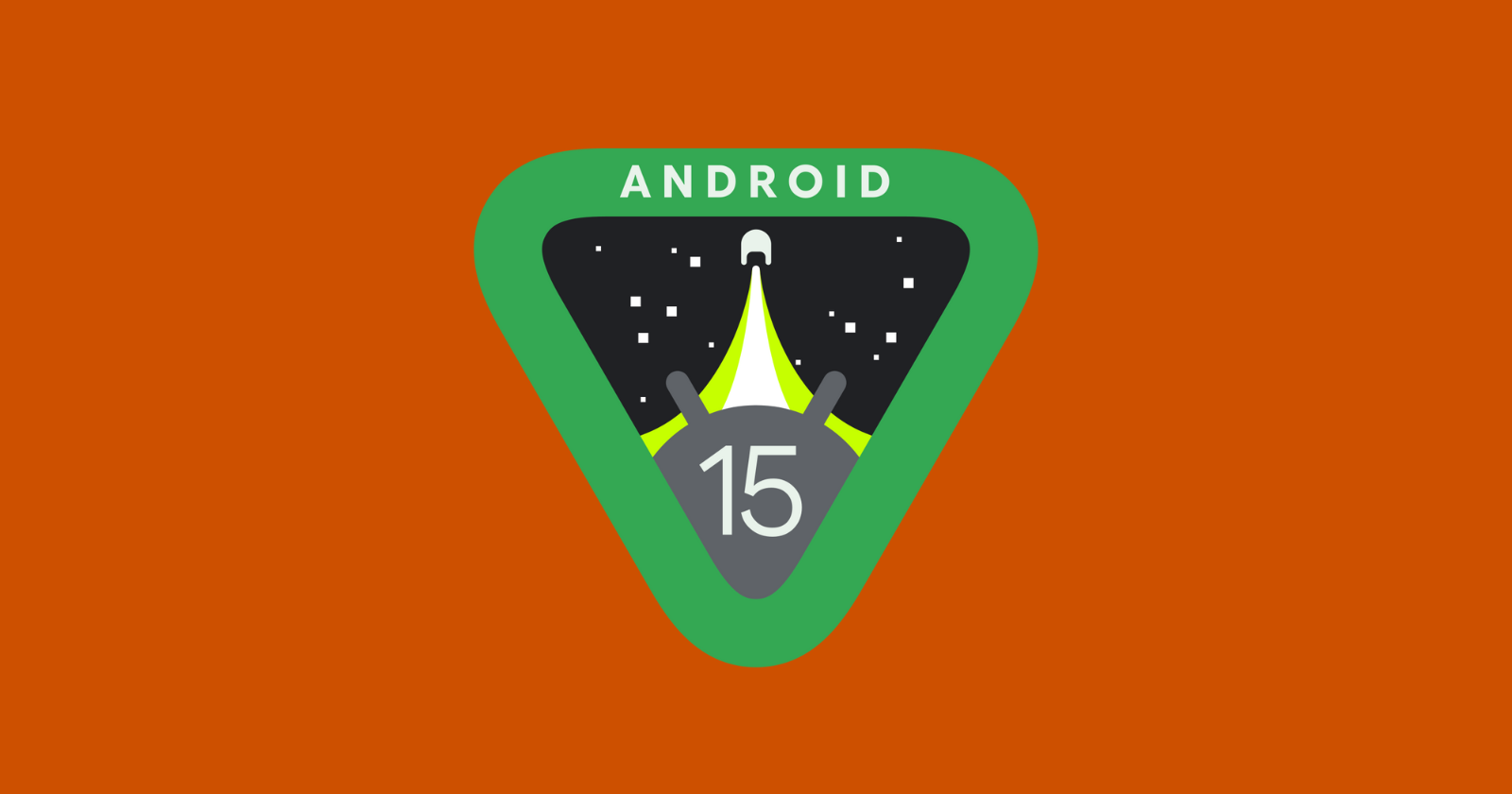Recent digging into the AI Core app reveals a set of new on-device AI features that we might get to see with the upcoming Google Pixel 9 devices. This information is based on code found in the latest versions of Google’s AI Core app and the Google Messages beta. The details about the new on-device capabilities were shared to PiunikaWeb by AssembleDebug. I’ve added two screenshots below that highlight the upcoming capabilities discovered in the AI Core app and the Google Messages app:
The AI Core app, specifically the version from March for Pixel devices, reveals several intriguing AI features. One of the most exciting is TEXT_TO_IMAGE, which suggests the Pixel 9 may be able to generate images directly on the device without relying on cloud services. Currently, you can generate wallpapers with AI, however, it too is handled on the cloud. This is where some newer Qualcomm Snapdragon-powered devices, like the ROG Phone 8, have an edge over the Pixel phones. So it’s good to see that Google will reduce reliance on the cloud for its upcoming AI-powered features.
Additionally, the OCR (Optical Character Recognition) feature indicates improved on-device text recognition capabilities.
Another notable feature is QUESTION_TO_ANSWER, discovered in the Google Messages beta code. Keep in mind that Google Messages uses AI Core to power features like Magic Compose (MAGIC_REWRITE), thus the recent Google Messages app reveals some stuff that wasn’t present in the AI Core app from March. That said, this feature hints at the ability to answer questions using on-device AI models, potentially reducing the need for cloud-based question answering. This capability could be particularly useful for tasks like code generation for programmers, providing up-to-date information based on the latest models. As for how (and if) Google implements the capability in the Messages app, we’ll just have to wait and see.
Other features found in the AI Core app include LLM (Large Language Model), AUTOFILL_SMART_REPLY for generating complex auto-reply suggestions, TEXT_CLASSIFICATION for categorizing text, and EMBEDDING for processing attached images or PDFs for tasks like summarization.
It’s worth noting that the AI Core app is specific to Google Pixel and Samsung devices, with different versions for each manufacturer. This suggests that while the Pixel 9 series will likely benefit from these advanced on-device AI capabilities, Samsung and other OEMs may also incorporate similar features in their upcoming devices.
It’s worth pointing out that Google is likely bringing more advanced Gemini models (potentially Gemini Ultra) to the Pixel 9 devices. Therefore, some, if not all, of these new on-devices capabilities might be exclusive to the Pixel 9 and newer Pixels. In comparison, the Pixel 8 Pro comes with Gemini Nano, the smallest AI model in Google’s arsenal.
At present, the main on-device AI functions powered by Gemini Nano are: Summarization in the Recorder app, Proofreading, Smart Reply in Gboard, and Magic Compose in Google Messages. So the Pixel 9 will usher in a host of new on-device AI functions to give users yet another reason to upgrade.
Featured image credits: OnLeaks / 91Mobiles




